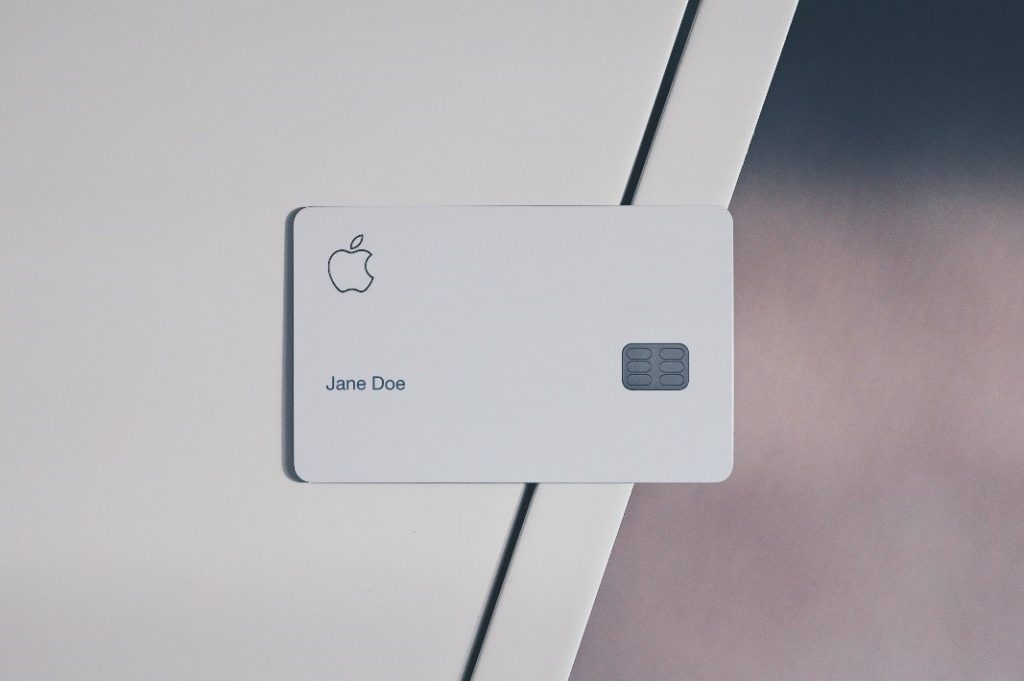We live in the age of digitization. Everything has gone digital, including banks. Gone are the days of having to withdraw cash for payments, or visiting your local branch to pay your accounts. You can simply swipe a card, use your mobile app to transfer money, or scan a barcode to make a payment. But is it enough? Banks aren’t the only players in the money game anymore. Fintechs have been rising to the occasion and filling the gaps that banks have left for consumers: unsatisfying online experiences, lack of digitization, and poor interest rates. Although banks have migrated to a more digital way of operating, they are no match for fintech companies that live and breathe tech and transformation.

The rise of fintech banking
The digital banking market has been gaining popularity over the last couple of years, and recently, its growth has skyrocketed exponentially. Younger generations have been turning to digital solutions for ease and comfortability since their teen years, but now that they’ve entered the job market, their taste for tech created a gap that only digital banking can fill.
Digital banking offerings from competing fintechs have been especially welcomed by individuals who don’t fit the ‘one-size-fits-all’ parameters of traditional banks:
“Across the globe, virtual banks without a physical presence are launching annually, chipping away market share from incumbent banks. Offering the latest in innovation and access, these entities are meeting the needs of underserved segments such as unbanked and underbanked, immigrants, freelancers and independent contractors, and small businesses, ” writes the editor of Fintechtris.
This inclusive, client-focused and tech-powered approach to serve consumers who are looking for banking alternatives has given fintech companies the foothold it needs to take on traditional banks.

Fintechs offer better user experiences
A recent study by Bank Director in the US, showed that 59% of consumers are open to the idea of banking with a major tech company. Considering that people are very cautious when it comes to investing and saving their money, having more than half of respondents say ‘yes’ to brand new tech banking options, is quite astonishing.
One of the possible reasons for this acceptance would be the easy integration that tech companies offer. Think of how Apple partnered with Goldman Sachs bank to create Apple Card—the trillion dollar company’s version of a credit card. Apple took the sleek design it’s known for, and applied the financial abilities to its iPhones. They utilized technology they already had in their phones and added Goldman Sachs’ reputability as a financial institution – with almost zero effort required from the consumer:
“Users sign into their wallet app on their iPhone, click Apply, fill in their info (much of which is auto-populated), and click Accept. It’s so convenient and simple that users are going to have a hard time accepting prior [payment] methods,” the study described.
Compare that level of ease with the lack of technological innovation and lower savings rates offered by banks, and people are more than likely to invest and save their money with tech giants instead of banks.

Apple hasn’t been the only tech-based company with success. UK neobank darling Revolut has also seen a sharp rise in revenue, tripling from €63 million in 2018 to €177 million in 2019. At the end of 2019 they also had over 8 million users and it’s continuing to increase. These numbers indicate that banks are losing out and people are definitely optimistic about nonbank fintechs.
But it’s not all smooth sailing for the so-called challenger banks
Although no one questioned the validity of neobanks and their ability to change the world of banking, this year has been tough on many fintechs, especially those who haven’t yet turned a profit. In the UK, rising stars Revolut and Monzo both took a hit in the financial crisis. The ‘new normal’, which resulted in a lack of spending and smaller deposits, meant less revenue for them. This, along with the fact that they are operating in the red, doesn’t help their situation.
Forbes argues that people aren’t yet ready to leave their traditional banks behind and as a result, people’s relationship with neobanks aren’t getting stronger: “With normality slowly returning, the coronavirus pandemic deepened our relationship with the businesses and technology which we came to rely on most. But lockdown shows the consumer relationship with neobanks is simply not deepening.
Consumers’ reluctance to commit to neobanks, along with the current financial crisis will make life harder for neobanks than it has ever been.
Banks have been around long enough to know how to fight back
Banks aren’t going to make it easy for fintechs to take over. They’re aware of the competition and won’t give up without a fight. Slashing fees, offering more tech-based services and improving on existing digital experiences are only some of the strategies banks have put in place to keep their consumers happy. Some banking companies have even acquired stakes or invested in fintechs to also cash in on their next-generation technology.
And quite simply put, they have deeper pockets and much more experience in the financial world, giving them the clear advantage. “There is a history and trust that exists between banks and their customers that fintech is still years away from rivaling,” reports American Banker.

Surprisingly, it turns out that public perception of banks is more positive than one would think. When asked how banks are performing in the digitization process, in the same Bank Director study, only 11% of respondents thought that banks are behind. This confidence in banks’ ability to digitize indicates that consumers aren’t going to close their bank accounts any time soon, even if they are open to investing with fintechs.
Who will get more bang for their buck?
At the moment, it’s still too early to say who will come out on top in this money game. Will banks and fintechs co-exist to offer the best of both worlds? Or are banks embracing technology enough to withstand the fierce competition from fintech companies? Maybe fintechs will prove to be the next generation of banking solutions and leave traditional banks in the dust. There’s no way to tell what the future holds, but we’re excited to find out.